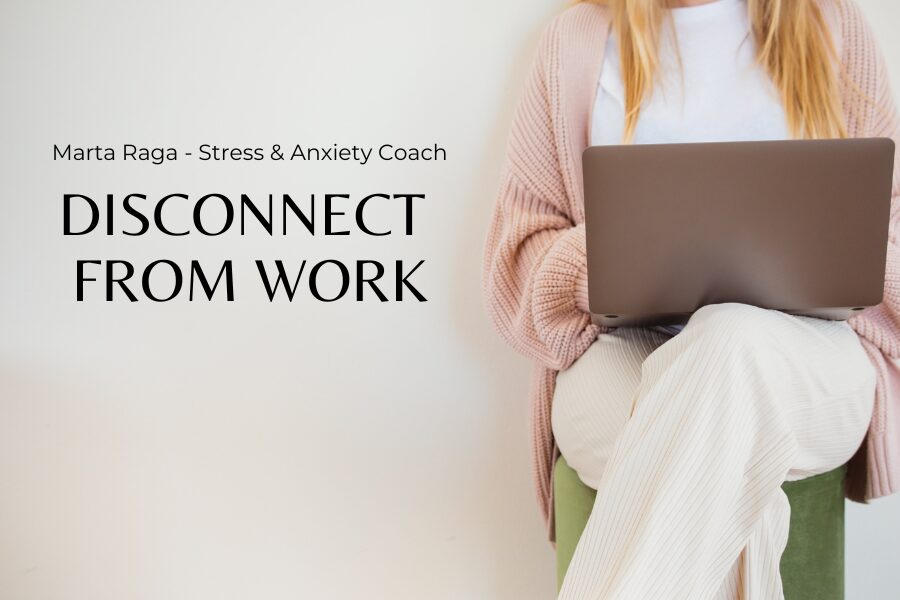When Optimization Becomes Detrimental
High achievers thrive on pushing boundaries and achieving peak performance. However, the relentless pursuit of excellence can have a hidden cost: stress.
Let’s delve into the science behind how chronic stress can hinder your progress, impacting not just your bottom line, but your well-being as a whole.
How Stress Management affects your performance?
While a moderate stress response can sharpen focus in the short term, sustained stress can backfire.
When under chronic duress, cortisol, a stress hormone, disrupts the delicate balance in the prefrontal cortex, the brain’s region responsible for critical thinking, decision-making, and emotional regulation.
Imagine facing a crucial presentation with foggy thinking and emotional volatility – hardly a recipe for success.
How Stress Management affects your mind?
Chronic stress also disrupts the brain’s hippocampus, essential for memory consolidation. Imagine forgetting key details during a negotiation or struggling to recall crucial data for a project.
Furthermore, stress hormones can exacerbate anxiety and negativity, hindering creativity and problem-solving abilities.
Stress management for high achievers fosters a calmer, sharper mind. By reducing cortisol, it improves focus, memory consolidation, and emotional regulation.
This translates to better decision-making, problem-solving, and overall cognitive performance.
How Stress Management affects your body?
Stress manifests physically, too. Elevated cortisol levels can disrupt sleep patterns, making it difficult to recharge and function at your best. Additionally, chronic stress can compromise the immune system, leaving you susceptible to illnesses and hindering your overall health.
Chronic stress wreaks havoc on your body.
Stress management helps by lowering cortisol, leading to better sleep, a stronger immune system, and improved resilience to illness. You’ll experience increased energy levels, perform better and a reduced risk of physical ailments often associated with chronic stress.
How Stress affects your relationships?
Stress can negatively impact your social interactions. Elevated cortisol makes you more reactive and less patient, leading to strained relationships with colleagues and loved ones.
This can create a vicious cycle, as damaged relationships can be a significant source of stress in itself.
Stress management helps you become more patient and less reactive, fostering stronger bonds with colleagues and loved ones.
By managing your stress, you create a more positive and supportive environment, leading to better communication, enhancing your leadership and collaboration.
Three Reasons to Take Action Now:
By approaching an effective strategy of stress management you will:
- Optimize Cognitive Performance: By managing stress, you regain control of your prefrontal cortex, enhancing focus, decision-making, and emotional regulation. This translates to sharper thinking, improved problem-solving, and a strategic advantage in achieving your goals.
- Protect Your Physical and Mental Well-Being: Combating stress promotes better sleep, strengthens your immune system, and reduces the risk of burnout. Furthermore, managing stress helps reduce anxiety and negativity, fostering a more positive and resilient outlook.
- Strengthen Your Relationships: Taking control of your stress improves your ability to connect and collaborate effectively with others. This fosters a more supportive and positive environment, both personally and professionally.
The pursuit of excellence is commendable, but neglecting your well-being hinders your progress. By prioritizing stress management, you empower yourself to perform at your peak, both physically and mentally. Remember, a high achiever takes control, not just of their goals, but of their well-being.
How to Manage Stress effectively
The most effective strategy for managing stress leverages a two-pronged approach:
1º interrupting the acute stress response with relaxation techniques
2º and preventing its future activation.
During stress episodes, the body releases hormones that elevate blood pressure and heart rate, a physiological response termed the “fight-or-flight” reaction.
Implementing relaxation techniques, like deep breathing or progressive muscle relaxation, activates the “relaxation response,” countering these physiological changes and promoting immediate calm.
Furthermore, identifying and addressing anxiety triggers disrupts the initial stress cascade, fostering long-term well-being by preventing future episodes.
By taking these steps, you can create a calmer, more balanced approach to life, unlocking your full potential in your career for success and fulfillment.
Ready to reclaim your work-life balance and live your best life? Book your free consultation now.
https://calendly.com/coachingwithchange/overwhelm-free-discovery-call-45-minutes
To your wellbeing!
Marta Raga
Stress & Anxiety Coach









0 Comments